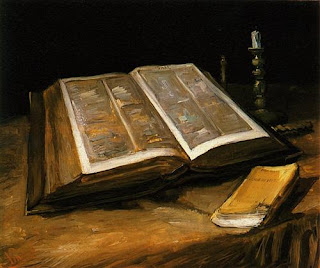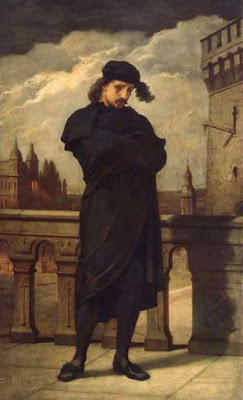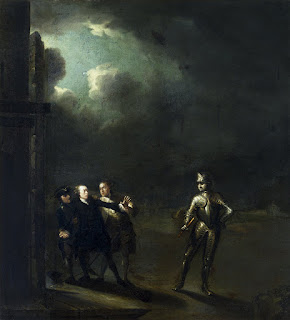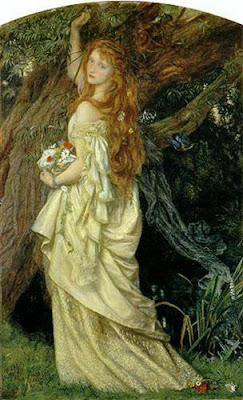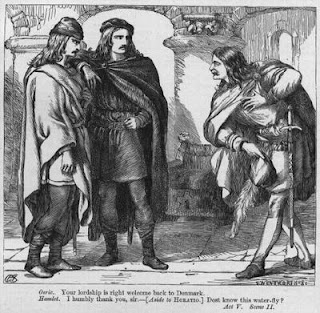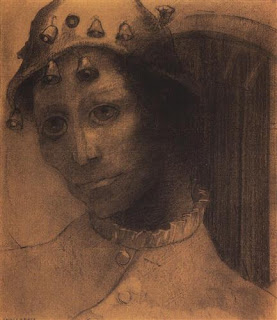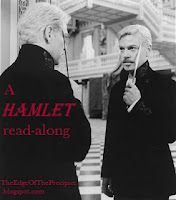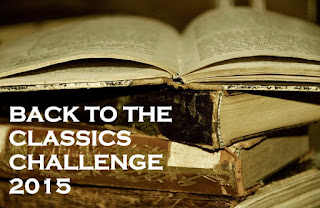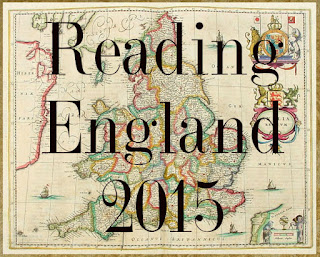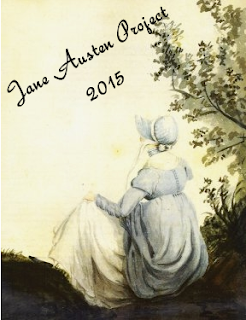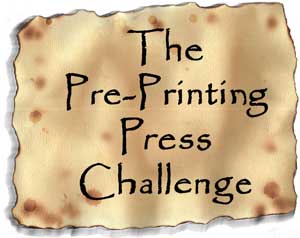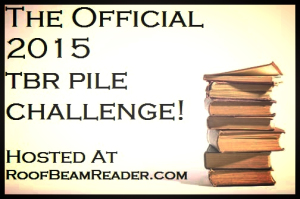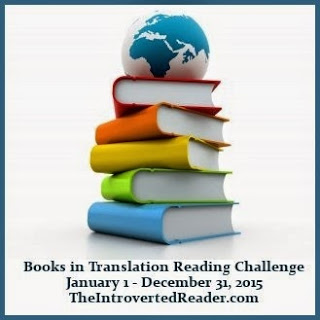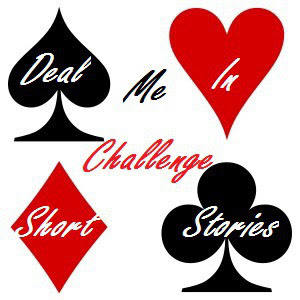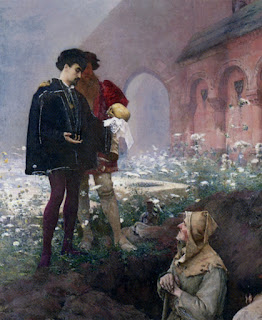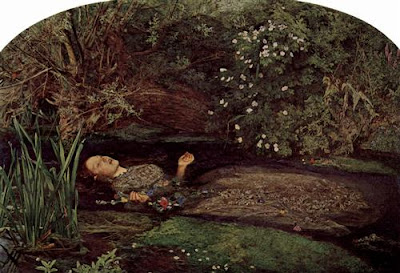2015 Reading Stats:
Best in Books
Book you were excited about & thought you were going to love more but didn’t: On The Road by Jack Kerouac. I had read his The Dharma Bums and just loved it, but On The Road simply didn’t have the charm of the former. It was a chronicle of a bunch of irresponsible young men getting drunk and stoned across America. Just not for me.
Most surprising (in a good or bad way) book you read in 2015: In a good way, Up From Slavery by Booker T. Washington. I was a little fatigued with the slave narratives, but Washington, without anger or bitterness, presented such a balanced view of the issues, and a way for the people coming out of slavery to really move forward and feel like they were building useful lives for themselves. He definitely goes on my hero list.
Book you “pushed” the most people to read (and they did) in 2015: Well, I’ll say Beowulf because I hosted a read-along of it. I had a great time; I hope everyone else did too!
Best series you started in 2015? Best Sequel? Best Series Ender: I read through Jane Austen’s novels and was so pleased to revisit old favourites and finally read the two that I had never read before (Sense and Sensibility and Persuasion). Pride and Prejudice remains one of my all-time favourites. I also developed a new appreciation for both Mansfield Park and Northanger Abbey.
Favorite new author you discovered in 2015: Michel de Montaigne. He is such a unique thinker and his writings are so personal that after you read a few of his essays, you feel like you’re talking with an old friend (although one you conversely often argee and disagree with). He’s fabulous!
Best book from a genre you don’t typically read/ out of your comfort zone: Montaigne’s Selected Essays. I don’t usually read essays, even though I want to read them. Montaigne was a blast! I can’t wait to read more of him.
Most action-packed/thrilling/unputdownable book of the year: Dracula. We seek him here, we seek him there, we very-credulous-and-always-one-step-behind men seek him everywhere. Is he in heaven or is he in hell? That damn’d elusive Count Dracula!
Book you read in 2015 that you are most likley to reread next year: I will definitely read The Canterbury Tales again, but not next year.
Favorite cover of a book you read in 2015: Probably this Ignatius Press edition of Gulliver’s Travels by Jonathan Swift.
Most memorable characters of 2015: Michel de Montaigne (Selected Essays), Hamlet (Hamlet), Jean-Jacques Rousseau (Confessions – the mould was broken when God made him), Beowulf (Beowulf) Basil Grant (The Club of Queer Trades), Gandhi (The Story of My Experiment With Truth)
Most beautifully written book read in 2015: The Forgotten Daughter. I was truly blown away by Snedeker’s writing. Not only does she create a believable and vibrant setting, she brings to life the characters within it. The true degradation and loss of liberty under slavery resonates in this book, yet without becoming maudlin. An excellent read.
Most-thought provoking/ life-changing book of 2015: The Story of My Experiments With Truth by Mohandas Gandhi
Book that shocked you the most: Mein Kampf by Adolf Hitler. It is astounding and more than a little unsettling that he grew to rule a nation. His delusional hatred of Jews and non-Arians was not cloaked at all. It made me realize that if it could happen once, it could happened again.
Favorite non-romantic relationship: Pinocchio and Geppetto – very much a Prodigal Son story. Otherwise the Little Women family.
Favorite book you read in 2015 from an author you’ve read previously: Price and Prejudice by Jane Austen and Notes From the Underground by Dostoyevsky
Best book you read in 2015 that you read based solely on a recommendation from someone else: The Adventures of Pinocchio by Carlo Collodi.
Best world-building/most vivid setting you read this year: Hamlet by William Shakespeare. I read it twice this year thanks to Hamlette’s read-along!
Book that put a smile on your face/was the most fun to read: The Club of Queer Trades by G.K. Chesterton. I just realized that I didn’t read many fun books in 2015. I’ll have to rectify that next year!
Book that made you cry or nearly cry in 2015: The Forgotten Daughter by Caroline Dale Snedecker. Again it communicated the hopelessness of slavery while giving hope in another way. Just excellent.
Hidden gem of the year: The Brubury Tales by Frank Mundo. I’m not a fan of modern fiction and I’d expected these tales to be definitely weaker versions of The Canterbury Tales, but I was absolutely blown away. His poetic skill resonated throughout the stories and his insight into human nature was exemplary. I will read this one again, for sure.
Most unique book you read in 2015: The Journal of William T. Sturgis. It was refreshing to see a man who acted with honesty and integrity towards the native people, yet also held them accountable to basic human behaviour. Quite a man.
Book that made you the most mad: Northanger Abbey by Jane Austen. I wanted to smack most of the characters.
Your Blogging/Bookish Life
Favorite review that you wrote in 2015: Wow, this is tough. I’m going to choose my Montaigne essay posts, of which there are three, plus an introduction. These reviews took up an inordinate amount of time, but I’m glad that I have little snapshots of all the essays I read.
Best discussion/non-review post you had on your blog: Ooo, I don’t know. Perhaps my Join the Beowulf Read-Along post where we had some discussion of translation and other fun Beowulf-related things. I didn’t do many other survey-type posts this year.
Best event that you participated in: The Hamlet Read-Along at The Edge of the Precipice. I also enjoyed my Beowulf Read-Along, and my read with O of The Canterbury Tales was a blast. It was so helpful to read her excellent posts as we read along.
Best moment of bookish/blogging life in 2015: Meeting new bloggers and responding to comments on my blog.
Most popular post this year on your blog: My The Canterbury Tales/The Brubury Tales Project post with 371 views. After that my Ecco Homo review at 311 views. Honourable mentions go to Sonnet XXIX by Garcilaso de la Vega and Christianity and the Survival of Creation by Wendell Berry. I was amazed at the top winners this year.
Post you wished got a little more love: This year I can’t answer this question. A number of posts that I was certain wouldn’t be popular received tons of views, and my others had a good number of views as well, so I’m happy. 🙂
Best bookish discovery: I was excited to purchase C.S. Lewis’ English Literature in the Sixteenth Century, one of the Oxford History of English Literature volumes. I also scored The Riverside Chaucer in a beautiful hardcover edition, but after I’d finished reading The Canterbury Tales.
Looking Ahead
Book you are most anticipating for 2016 (non-debut): Metamorphoses by Ovid, and The Faerie Queene by Edmund Spenser
Series ending/a sequel you are most anticipating in 2016: The Last Chronicles of Barset by Anthony Trollope. No, you’re not seeing double from last year. I’m leaving it here because I can’t think of another book and I hope to get to Trollope in 2016, but knowing me and what I have planned, I can’t see getting to the end of the series. I also would like to read The Lord of the Rings, but I’m hesitant to make a commitment, as I have so many other books that I’m planning to read.
One thing you hope to accomplish or do in your reading/blogging life in 2016: Keep up with my books! Keep up with my posts! It’s my perpetual resolution and hope.
Wishing everyone happy reading days and lots of them in 2016!!

